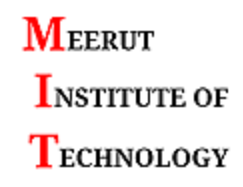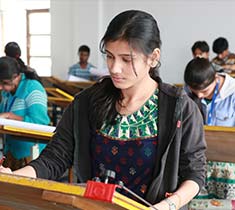About Course
Applied science is the application of scientific knowledge transferred into a physical environment. Examples include testing a theoretical model through the use of formal science, or solving a practical problem through the use of natural science. Fields of engineering are closely related to applied sciences. Applied science is important for technology development. Engineering is the discipline, art and profession of acquiring and applying technical, scientific, and mathematical knowledge to design and implement materials, structures, machines, devices, systems, and processes that safely realize a desired objective or invention.
Following courses are taken by the Applied Sciences department.
| Program |
Subject |
| B.Tech Ist year |
B.Tech Ist year
Engineering Mathematics –I & II
Remedial Mathematics
Engineering Physics – I & II
Engineering Chemistry
Professional Communication
Introduction to Bio Sciences
Energy, Environment and Ecology
Engineering Physics Lab
Engineering Chemistry Lab
|
| B.Tech IInd year |
Engineering Mathematics –III & IV
Industrial Psychology
Industrial Sociology
Polymer Science & Technology
Laser Systems and Applications
Technical Writing
|
Laboratories
Engineering Physics Lab
- To become familiar with various optical devices.
- To become familiar with usage of data sheet of various components
- To become familiar with circuit testing
- To measure and calibrate basic electrical devices.
Outcome of the course:
The students are expected to compare experimental results with theoretical concepts,
speculate reasons for discrepancies, and learn from deductive reasoning.
Engineering Mechanics Lab
Course Objective:
- To learn various principles of Mechanics used in our day to day life
- To analyze the laboratory results (data processing, variability and significance) and the validity of the results.
- To give students the background of experimental techniques and to reinforce instruction in Engineering Mechanics principles.
- To provide students with exposure to the systematic methods for solving engineering problems.
- o discuss the basic Mechanical principles underlying modern Engineering Mechanics and to create an understanding of assumptions that are inherent to the solution of Engineering problems
- To build the necessary theoretical background for design and construction of foundation systems.
Outcome of the course:
The students are expected to compare experimental results with theoretical concepts, speculate about reasons for discrepancies, and learn from deductive reasoning. The purposes of experimentation as a subject in the curriculum are many,
but perhaps the most important ones are to provide opportunities for the student to:
- Verify certain theories
- Become familiar with methods of measurements
- Organise his/her own work and carry it through systematically and carefully
- Organise the work of a team
- Analyse data, assess its reliability and draw conclusions.
Electronics Engineering Lab
Course Objective:
- To become familiar with various electronic devices.
- To become familiar with usage of data sheet of various components
- To become familiar with circuit testing
- To learn to use common electronic measuring instruments.
- To learn electronic design aids.
Outcome of the course:
The students are expected to compare experimental results with theoretical concepts, speculate reasons for discrepancies,
and learn from deductive reasoning.
Chemistry Lab
Objective
Basic aim for bringing chemistry labs into existence is to make chemistry real for students and exposing ideas to empirical testing. It also develops skills of observation, deduction and interpretation. In
addition, it also help in enhancing skills for overall learning of students in chemistry.
Learning outcomes
- Develop and practice observational skills
- Develop skills for preparing professional scientific reports
- Operate Scientific Instruments
- Develop team work to divide project duties ensuring efficiency and quality of the final results
- Develop skills to critically search the scientific literature for information
- Develop time management and problem solving skills
- One of the important outcomes is production of skilled technicians for industry and highly competent workers for research laboratories
Professional Communication Lab
Objectives of the course:
To impart basic Communication skills to the first year UG students in the English language through rigorous practice and use of various categories of common words and their application in sentences; to enable them to achieve effective language proficiency for their social, professional & inter personal communication both in speaking & writing.
Outcome of the Course:
The student must be able to:
- i) Understand and use about 1200 to 1500 General Purpose words of English language
- ii) Express his /her ideas and thoughts in speech or writing
- iii) Be able to comprehend, converse, interact and participate in any day-to-day events and situation
- iv)Write grammatically correct sentences for various forms of written communication to express oneself.
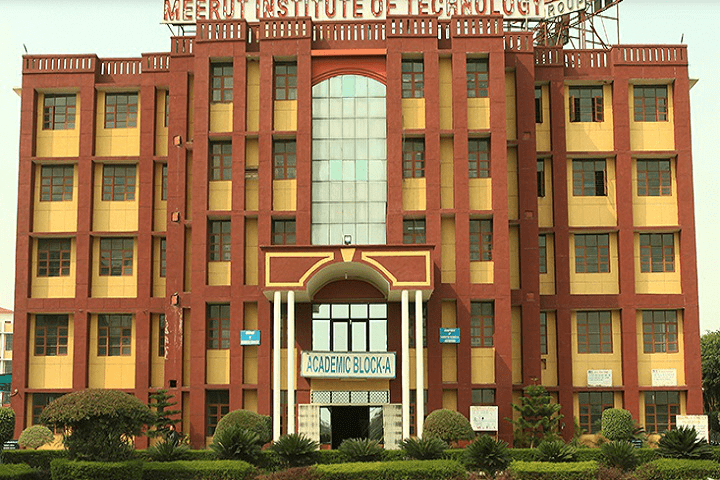

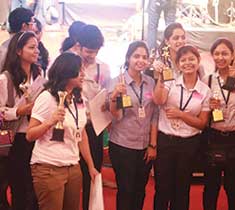
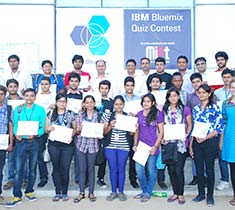



.png)



